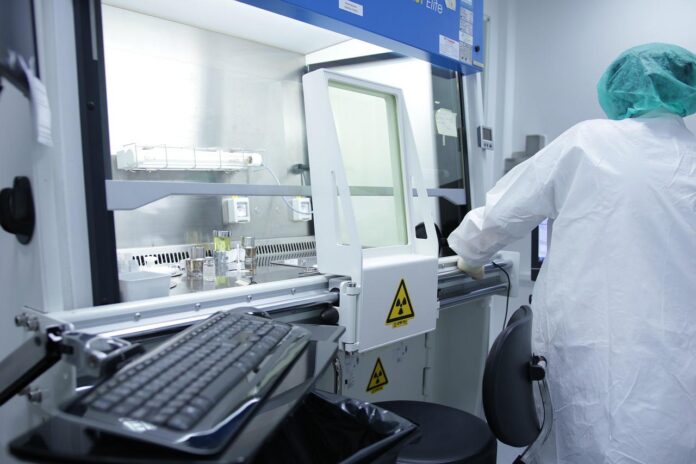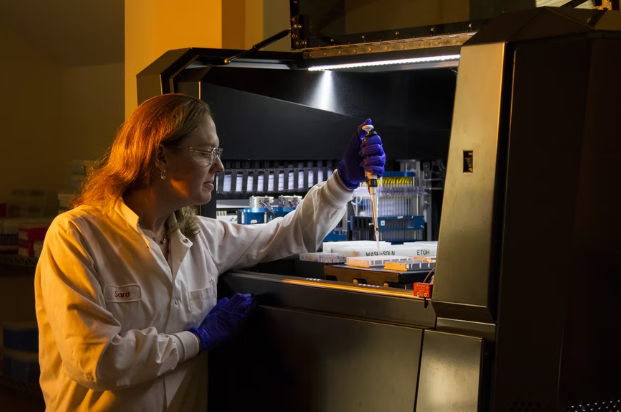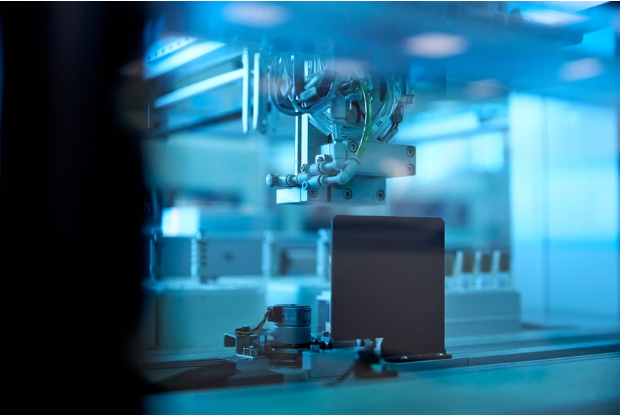Technology has revolutionized the way people live and learn. It has opened up new opportunities to explore the world and learn how things work. You can now collect data more quickly and efficiently than ever before with technology. That makes it possible to use technology to enhance practical science education. Here are the specific ways it has helped?
Data Analysis
Technology can also help students analyze data. Many software programs can perform statistical analyses, which can be very helpful in practical science education. Statistical analysis can help students understand the results of their experiments and make sense of the data they have collected.
Software programs can create graphs and charts. These can be used to visualize data and see trends more clearly. Graphs and charts can also communicate results to others. For example, consider a student investigating the effect of temperature on plant growth.
If they are using sensors to collect data, they will need to be able to see the data in real time. From here, they can make changes to their experiment as required. In many cases, it is crucial to analyze real-time sensor data in every field of research. This is especially true when dealing with sensor data. Sensor data is data collected by sensors, and it can be used to track various environmental conditions.
Communication
Technology has also made it possible for students to share their results with a broader audience. Students would have had to write a report or present to share their results with others in the past. However, now they can use technology to create websites, blogs, or even videos to share their findings. This is important because it allows students to share their work with a larger audience. It also allows them to receive feedback from others. This feedback can improve the quality of their work.
Data Compilation
Technology has made it possible to collect data more quickly and efficiently. This is important in practical science education because it allows students to gather data about their experiments more rapidly and accurately. In addition, technology may help store data to be accessed later for analysis. Gathering accurate data is essential to the scientific process. Inaccurate data can lead to incorrect conclusions, which can have serious consequences. For example, suppose a student is investigating the effect of different types of fertilizer on plant growth and incorrectly records the data. In that case, they may come to the wrong conclusion about which fertilizer is best for plants. This could have profound implications if the student recommends the wrong fertilizer to a farmer.
Data Interpretation and Implementation
Once students have collected and analyzed their data, they need to interpret it and decide what to do. Technology may help with this process as well. Generally, many software programs can create models or simulations. These can be used to test different hypotheses and see the results. This is key since it allows students to explore different possibilities and make informed decisions about what to do with their data. It also helps them understand how their work can help deal with the real world.
Spotting Errors
Another vital role of technology in practical science education is detecting errors. When students perform experiments, there will always be some degree of error. This is something normal and expected. However, it is vital to identify and correct these errors so that they do not affect the experiment results. The errors can be in data collection, analysis, and interpretation. For example, if a student incorrectly records the data from their experiment, the software they are using to analyze the data may be able to detect this error. This is important because it allows students to correct their mistakes and improve the quality of their work.
Simulations
Simulations are computer programs that allow users to experience something in a virtual environment. Simulations can provide students with a realistic experience of scientific phenomena. For example, some simulations allow users to experience what it would be like to be inside a tornado or experience a nuclear explosion’s effects. The technology may teach students about complex scientific concepts. For example, some simulations allow users to explore the process of photosynthesis or the assessment of environmental impact. Science simulations can benefit practical science education because they provide students with an immersive and interactive experience. This can help them understand complex concepts and learn about the real-world applications of their work.
Technology can enhance practical science education in many ways. It can collect data more efficiently and accurately, analyze data, and communicate results to a broader audience. It has revolutionized the way people learn about the world around them.
















